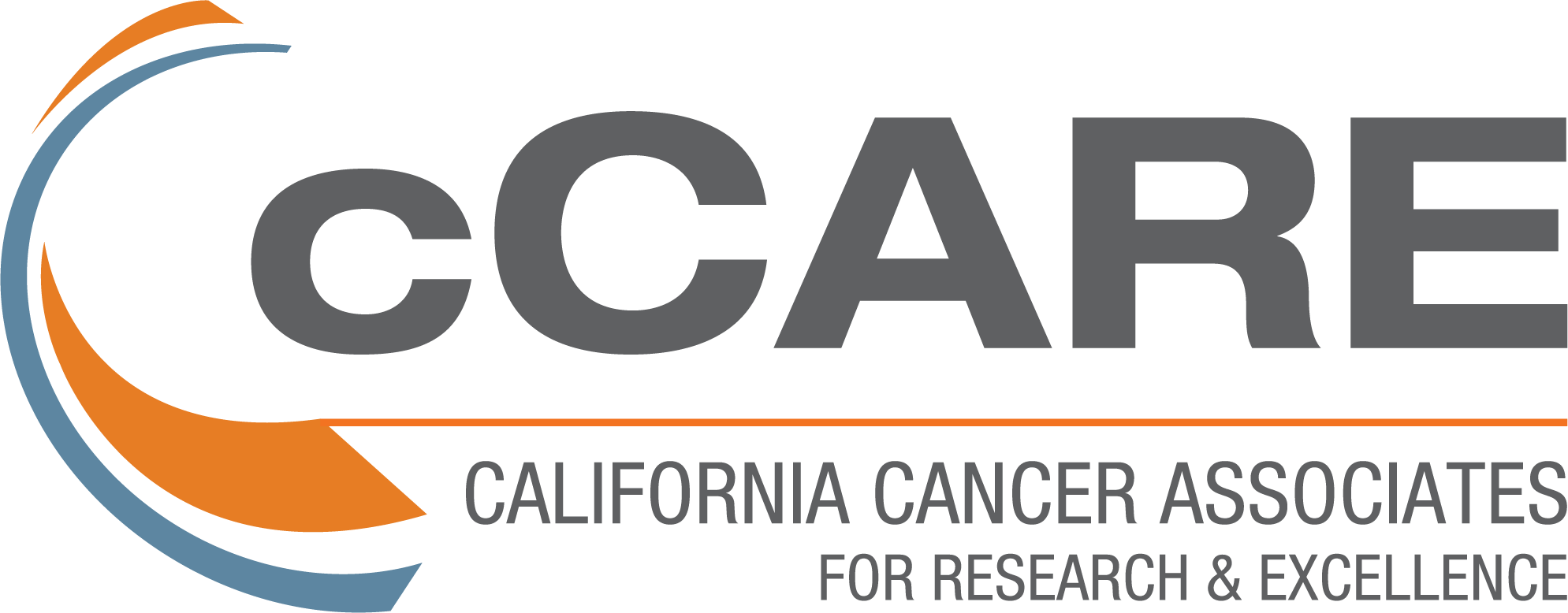Complementary and integrative medicine at a glance
- Complementary and integrative medicine involves treating cancer patients’ symptoms and side effects from cancer treatment to improve physical and emotional health.
- Complementary medicine helps patients manage their symptoms to reduce pain, anxiety and fatigue.
- Complementary and integrative medicine is not a so called “alternative treatment” and should always be prescribed and supervised by a cancer doctor.
- Some common forms of complementary and integrative medicine include acupuncture, massage, physical activity, nutrition counseling, yoga and meditation.
What is complementary and integrative medicine for cancer treatment?
Complementary and integrative medicine is the term used to describe treatments and therapies that complement traditional treatments such as radiation, and are integrated into an overall treatment plan.
This type of treatment helps cancer patients cope with side effects or symptoms that result from standard cancer treatments including chemotherapy, radiation and surgery, with the intention to improve a patient’s overall wellness. It is not employed to treat or kill cancer cells.
It should not be confused with alternative medicine, which are treatment plans that are used instead of standard cancer treatments.
Symptoms of cancer treatment may be either physical or emotional. Physical symptoms might include nausea, fatigue, high blood pressure, pain or muscle tension. A patient experiencing emotional symptoms of cancer treatment might feel depressed, anxious, fearful or stressed from both the diagnosis and treatments.
Types of complementary and integrative medicine
Complementary medicine includes a large number of treatments and exercises. Some major complementary techniques include acupuncture, nutrition counseling, massage, physical activity, yoga and meditation.
Acupuncture
This procedure uses small needles inserted into certain pressure points that release chemicals to the brain, such as serotonin, that may reduce pain associated with standard cancer treatments. Patients may use acupuncture to improve their sleep patterns and to reduce nausea, hot flashes, anxiety and depression.
Nutrition counseling
Cancer and cancer treatments may interfere with how the body absorbs nutrients, as well as increase the feeling of nausea. Malnutrition and anorexia can result in patients who feel nauseous and lose their appetite as a result of cancer treatments. Meeting with a registered nutrition counselor can lead to help in reducing the feeling of nausea and ensuring the patient is getting adequate nutrition.
Massage
Research suggests that massage therapy provides both physical and emotional benefits. Massage lessens stress, tension and pain, as well as aids in reducing anxiety, insomnia, fatigue and depression.
Physical activity
Remaining or becoming physically active during cancer treatments strengthens patients and helps them cope with the stress involved. Research suggests that those who are physically active live longer after a cancer diagnosis. Working with a physical therapist will ensure that a patient’s workout plan will not interfere with cancer treatment.
Yoga and meditation
Yoga, a workout combination of stretching, movement and breathing, has been shown to relieve chronic pain, fight headaches and reduce insomnia in cancer patients.
Meditation, often integrated into a yoga practice, relaxes the mind and breathing, improves mood, and increases the quality of life.
Other types of complementary medicine include chiropractic therapy, reiki, hypnosis, music therapy, aromatherapy, tai chi, journaling and progressive muscle relaxations.
Considerations of complementary medicine
Complementary and integrative medicine is used in addition to standard cancer treatment, and should not be confused with alternative medicine. Alternative medicine does not incorporate standard cancer treatment, it is not proven to be effective and it is not used by cCARE in treating cancer of any kind.
Contact us for more information on complementary medicine
Each patient is different and may require a different complementary medicine treatment plan. It’s crucial that any complementary and integrative medicine is performed under the supervision of an oncologist. For more information on complementary and integrative medicine treatments, contact cCARE today.
